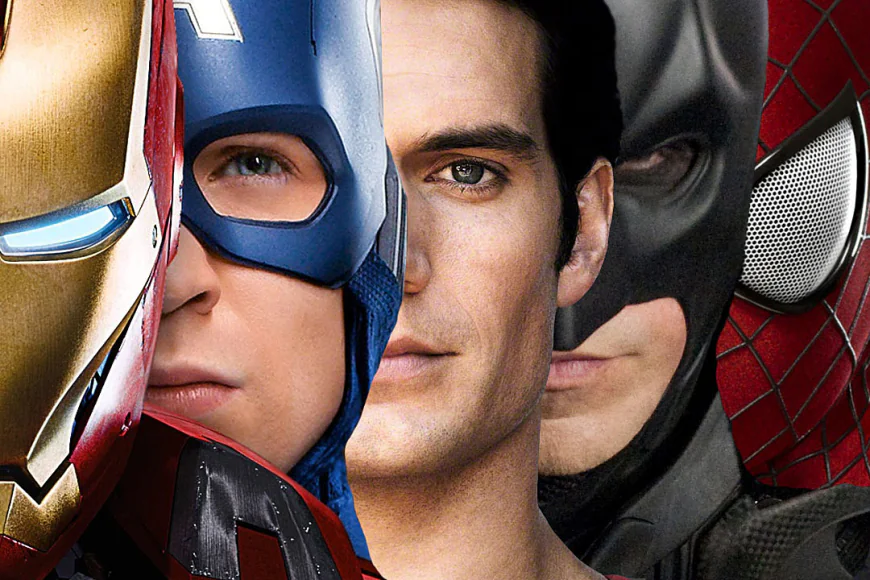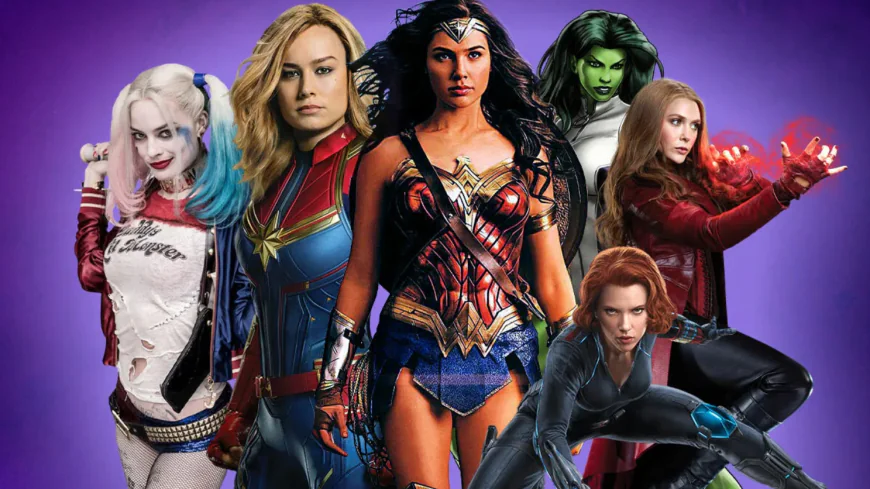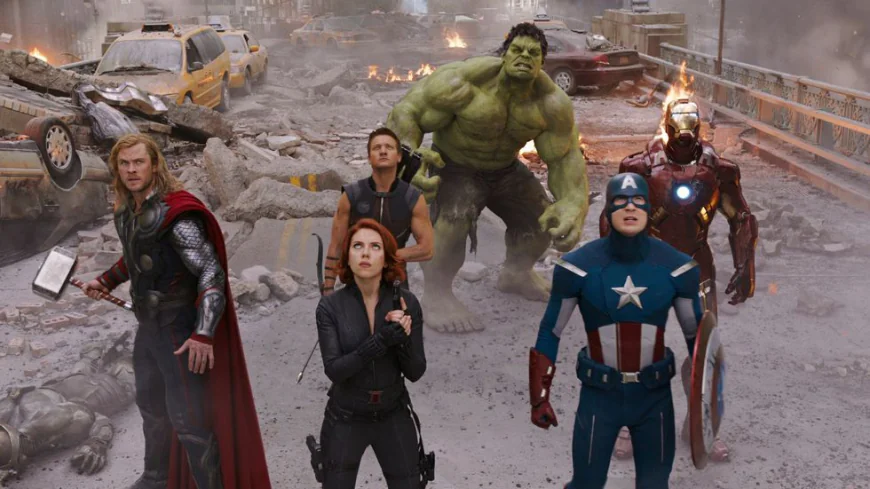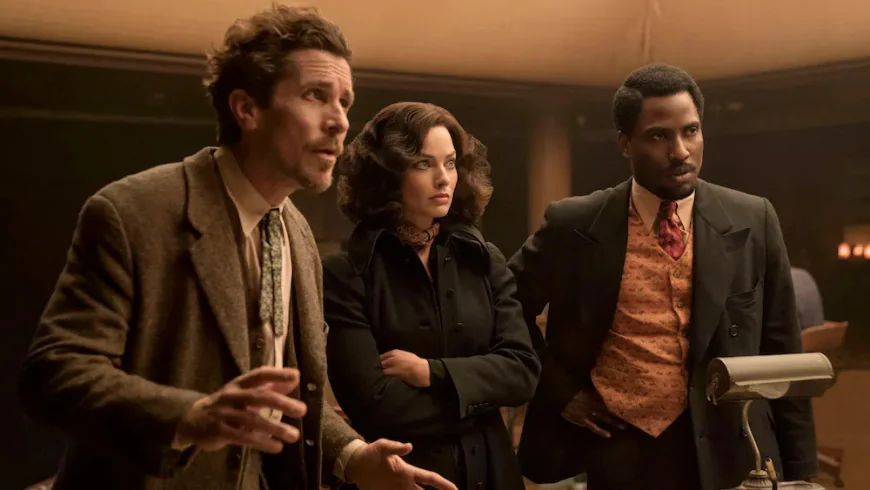Hollywood's Obsession with Superheroes: Boom or Bust Era?
Hollywood’s superhero craze has dominated the box office for over a decade. But with rising audience fatigue, creative saturation, and shifting viewer preferences, is the genre still booming—or on the verge of busting? This article examines the evolution of superhero cinema, its cultural impact, recent box office trends, and what the future might hold for caped crusaders on screen.

Hollywood is familiar to many of us because of its superhero film franchises and cinematic universes. I do remember watching my first superhero film during my childhood. At that time, I also remember we watched a bunch of other genre films, including action, comedy, and adventure.
But nowadays, the new generation is connected to Hollywood through the superhero genre. Even Hollywood is now inclined toward the superhero genre. From the early 1970s to 1999, we got only 1–2 films per year. But nowadays, it is 5–6 films. There was a time when we got 6–10+ films yearly from 2008 to 2019.

1. What made this genre so popular?
2. Is it making Hollywood more famous?
3. Is sticking to one genre good for Hollywood or not?
What made this genre so popular?
The reasons behind making this genre famous were many, including shared universe, famous leads, strong storytelling, etc. But the fact that we can say is that the backbone of it was the universal theme of these films.
They offer powerful escapism through universally relatable heroes and stories. They led us to believe that whenever things get darker, in the end, it's goodness that will rise. They made us believe in justice, hope, and triumph over evil. All of them are wrapped with larger-than-life characters and emotional stories that connect with us.
For sure, we can debate why it was always the USA that got under an alien invasion. I mean, there are a lot of places in the world where you can attack, but why was it always the USA?

Is it making Hollywood more famous?
The box office collection is solid proof of it. Not only that, but big streaming platform deals also prove it right. Actors became global stars, and others are craving to do so. Many big film industries like China, Bollywood, and Europe are trying to replicate it.
In so many ways, it increased Hollywood's popularity. Films like Endgame, Infinity War, No Way Home, Age of Ultron, Avengers, etc., grossed record earnings at the global box office. At the time, the Endgame craze was extraordinary and on a global level.
That influence has peaked so much that if we look at the top 5 highest-grossing films of all time, there is only 1 film from outside Hollywood. Two of them are from the superhero genre. Even in the top 50 films, only 1 is from China, and the rest are from Hollywood, including 15 from the superhero genre.

Yeah, the superhero genre works for Hollywood in all matters, whether it's globalization in terms of popularity or collection. But we all have to think about it once.
Sticking to one genre: Is it good for Hollywood or not?
There is no other thought — over-relying on one genre has made Hollywood bust. In the last decade, no other original movie has grossed more than 1 billion. The lack of original movie collections is failing at the box office, even globally. That indicates Hollywood's over-reliance on superhero films has made it stuck. In 2016, Ridley Scott’s The Martian was the highest-grossing original, earning 630 million. After that, despite star-studded collaborations, Hollywood failed to produce a film that reached maximum revenue. Amsterdam, House of Gucci, and The 355 are the brightest examples, even a collaboration like Christian Bale and Margot Robbie failed.

We had a few films that made an impressive collection at the box office, like Top Gun: Maverick and Avatar: The Way of Water, but these were sequels. They already had a fan base and craze among the general audience. That’s why we are not including them.
In general, while Hollywood earns a great amount of money and a fan base worldwide because of the superhero genre, the other genres — where they had some amazing projects and at one time defined Hollywood, like Titanic, Harry Potter, Fast Series, Jurassic World Series, etc. — are now failing to do so.


